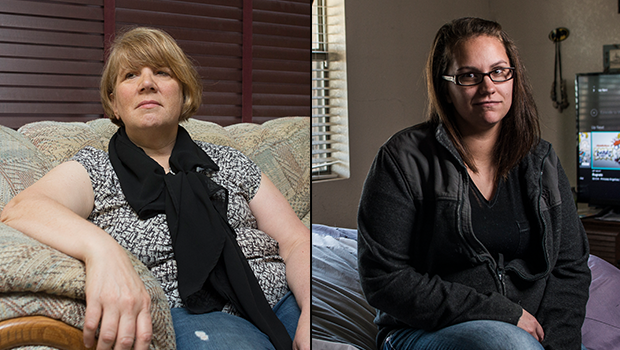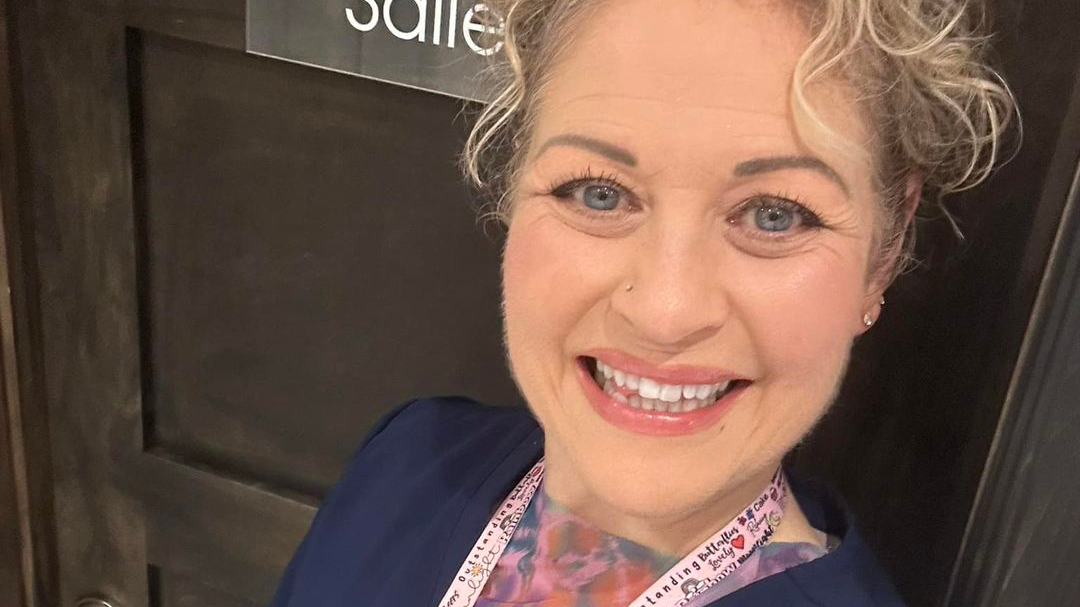In a major women’s health action, the United States has blocked sales of vaginal mesh used for the treatment of pelvic organ prolapse, the U.S. Food and Drug Administration announced Tuesday.
The move came after tens of thousands of patients in the U.S. and across the world have reported serious complications, including intense pain and bleeding, after they were implanted the medical device, which is commonly used to prevent the bladder and uterus from dropping or pressing into the vaginal area.
“Patient safety is our highest priority, and women must have access to safe medical devices,” said Dr. Jeffrey Shuren, the director of the FDA’s Center for Devices and Radiological Health, in a press release from the agency. “The FDA has committed to taking forceful new actions to enhance device safety and encourage innovations that lead to safer medical devices.”
The FDA’s decision requires Boston Scientific and Coloplast, the two manufacturers of mesh products sold to treat organ prolapse in the United States, to present a plan within the next 10 days for pulling their brands of vaginal mesh from the market.
For many patients and doctors, the ban was long overdue. Reports of vaginal mesh cutting into sensitive organs and breaking apart inside women’s bodies have surfaced for years.
Vaginal mesh is one of a dozen or so devices that featured prominently in the Implant Files, a global investigation by the International Consortium of Investigative Journalists. ICIJ’s investigation found that many medical devices later blamed for high numbers of injuries and even deaths, including mesh, were approved in the U.S. without first undergoing clinical trials.
The investigation also found that the FDA and other regulatory agencies have allowed problem devices to remain on the market even as evidence mounts that they pose unacceptable health threats.
More than 100,000 women worldwide have filed lawsuits against manufacturers charging that they were harmed by faulty mesh products, ICIJ reported.
Other countries have previously taken action to restrict vaginal mesh, including Australia, where mesh for prolapse has been banned, and the United Kingdom and Ireland, where it has been suspended from use.
At a public hearing in February, an FDA panel of experts heard from women who described devastating trauma, including the inability to have sex without intense pain.
“It destroys a woman from the inside out,” testified Jody Callahan, who described undergoing numerous surgeries to remove fragments of mesh from her body.
In 2016, the FDA switched the device to its highest risk category and directed manufacturers to conduct clinical trials if they wanted to keep selling it.
At the February hearing, Boston Scientific and Coloplast researchers presented studies that they said showed that mesh performed better at treating prolapse than alternative treatments and with similar rates of complications.
Tuesday’s decision reflects the FDA’s verdict that it found these studies to be unconvincing. The agency stated in its announcement that the companies had failed to prove the long-term safety or effectiveness of vaginal mesh used for organ prolapse.
The products ordered removed from sale are Boston Scientific’s Uphold Lite Vaginal Support System and Xenform Soft Tissue Repair Matrix and Coloplast’s Restorelle DirectFix.
Other surgical mesh products, such as those used to treat hernias or incontinence, are unaffected by the decision. Women who currently have vaginal mesh implants for prolapse are advised not to take additional action unless they experience complications or other symptoms.







